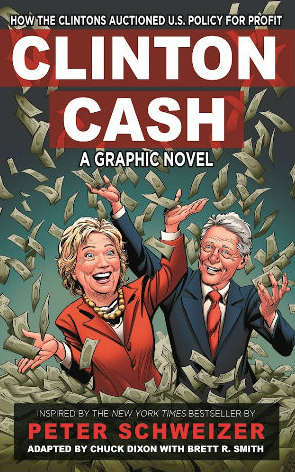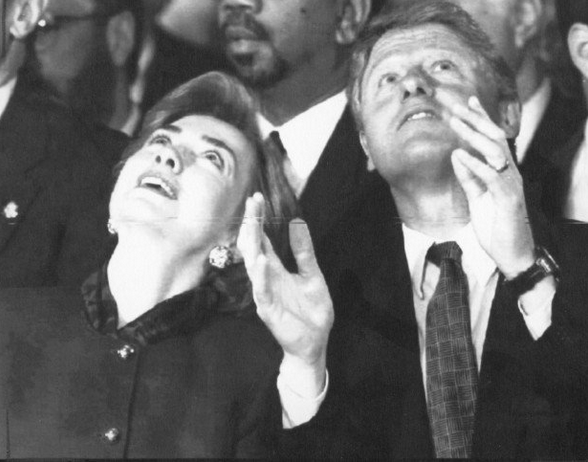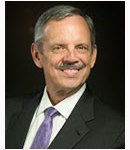Our first guest today is Peter Schweizer, author and right wing political consultant. He is the president of the Government Accountability Institute and a former William J. Casey Research Fellow at Stanford University’s Hoover Institution. He tells us more about the book, Clinton Cash: A Graphic Novel.
Joining us in-studio in the second hour is founder and president of Gateways to Better Education, Eric Buehrer. As most students head back to school shortly he discusses Christians and public schools.

His articles have appeared in the New York Times, Wall Street Journal, Los Angeles Times, USA Today, National Review, Foreign Affairs, and elsewhere. He has spoken before dozens of corporate audiences including those at Amoco, Arthur Anderson, and the Independent Petroleum Association of America, as well as before numerous student groups including Young America's Foundation and groups at the University of Virginia, and Florida State University.
He has appeared on ABC News, NBC News, CBS News, Fox News, CNN, MSNBC, CNBC, and the BBC.
Schweizer received his MPhil degree from Oxford University and his BA degree from George Washington.
Inspired by the #2 New York Times bestseller Clinton Cash by Peter Schweizer, this graphic novel retells in high-definition detail the tale of the Clintons' jaw-dropping auctioning of American power to foreign companies and Clinton Foundation donors.
Inside, readers will learn why Hillary Clinton approved the transfer of 20% of all U.S. uranium to Putin's Russia; why Bill Clinton's speaking fees soared during Hillary's tenure as Secretary of State; how the Clintons bilked Keystone Pipeline investors; how Hillary's brother scored a rare "gold exploitation permit" from the Haitian government; and so much more.

“Stunningly illustrated, hilariously retold, and inspired by the blockbuster book that reshaped the contours of the presidential election, Clinton Cash: A Graphic Novel brings to life Hillary and Bill’s brazen plot to fleece the planet for maximum profit,” states a release from publisher Regnery.
Inspired by Schweizer’s New York Times bestseller Clinton Cash, Clinton Cash: A Graphic Novel—adapted by Chuck Dixon and Brett R. Smith—retells in high-definition detail how Bill and Hillary Clinton auctioned U.S. policies to foreign companies and Clinton Foundation donors in exchange for hundreds of millions of dollars in donations and public speaking fees.

The just released documentary “Clinton Cash,” based on a book by Peter Schweizer, explains how they make big money by selling access to themselves.
In a conversation, Schweizer told me how the Clintons use “speaking fees” to get around bribery laws.
“If somebody gave a politician or family member money for a favor, that’s breaking the law. But if you say it’s a speaking fee, and you pay double or triple the normal rate, that seems to be legal.”
Since Bill Clinton left office, he’s earned more than $126 million giving speeches. Nothing wrong with that. Bill likes to talk, and if people want to pay big bucks to hear him or just to say they were near him, so be it. It’s their own money.

Mr. Buehrer's work has been twice featured as the cover story of Focus on the Family magazine, and on BreakPoint with Chuck Colson. He has also written articles for, Teachers in Focus, Christian Parenting, Insight, and American Family Association Journal. His books and materials have been endorsed by Dr. D. James Kennedy, Rabbi Daniel Lapin, and Josh McDowell.
He has appeared on numerous radio and television programs including CBS This Morning, The Coral Ridge Hour, The 700 Club, Point of View, Family Life Today, and as a guest commentator for Family News in Focus.

Yes, students have the right to share their beliefs, pray, evangelize, read Scripture, and invite students to participate in such activities during free time so long as they do not (1) substantially interfere with the operation of the school or (2) infringe on the rights of other students. The right to expression also extends to the clothes students wear. Students may thus wear religious clothing to the extent that other like articles of dress are permitted. A school may not prohibit student expression solely because others might find it “offensive.”
 Listen Online
Listen Online Watch Online
Watch Online Find a Station in Your Area
Find a Station in Your Area


 Watch Now
Watch Now Listen Now
Listen Now 








 Listen Now
Listen Now Watch Online
Watch Online
